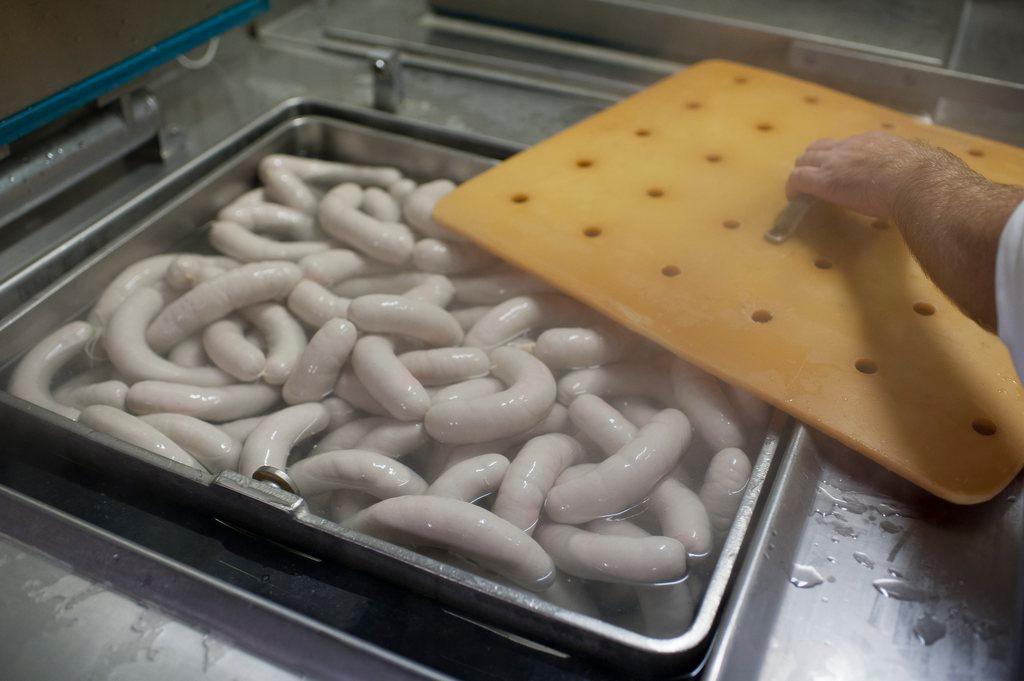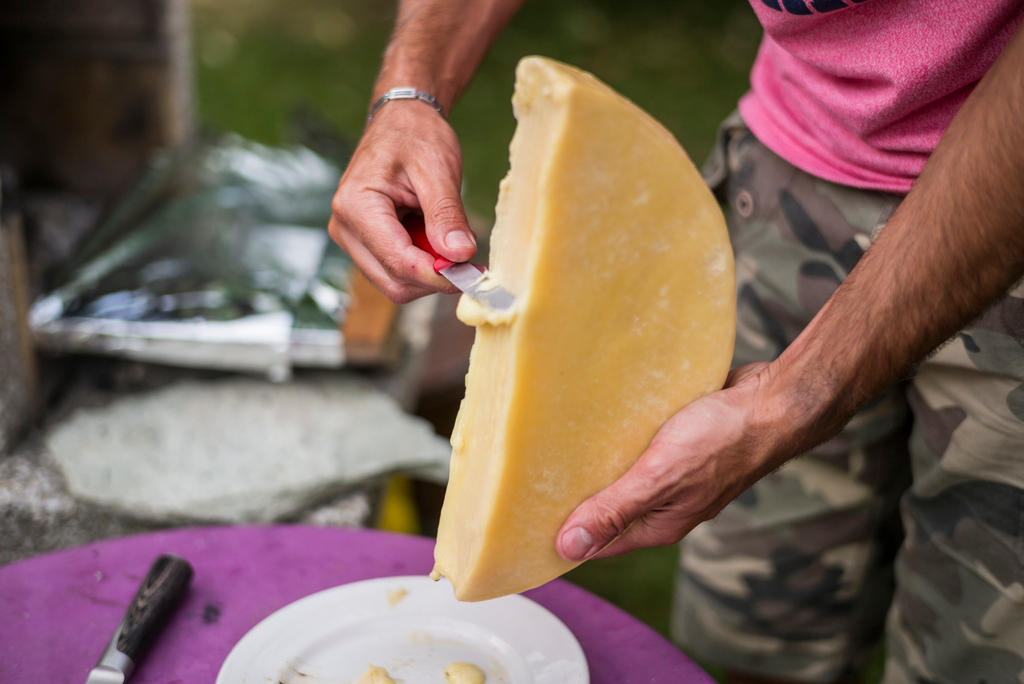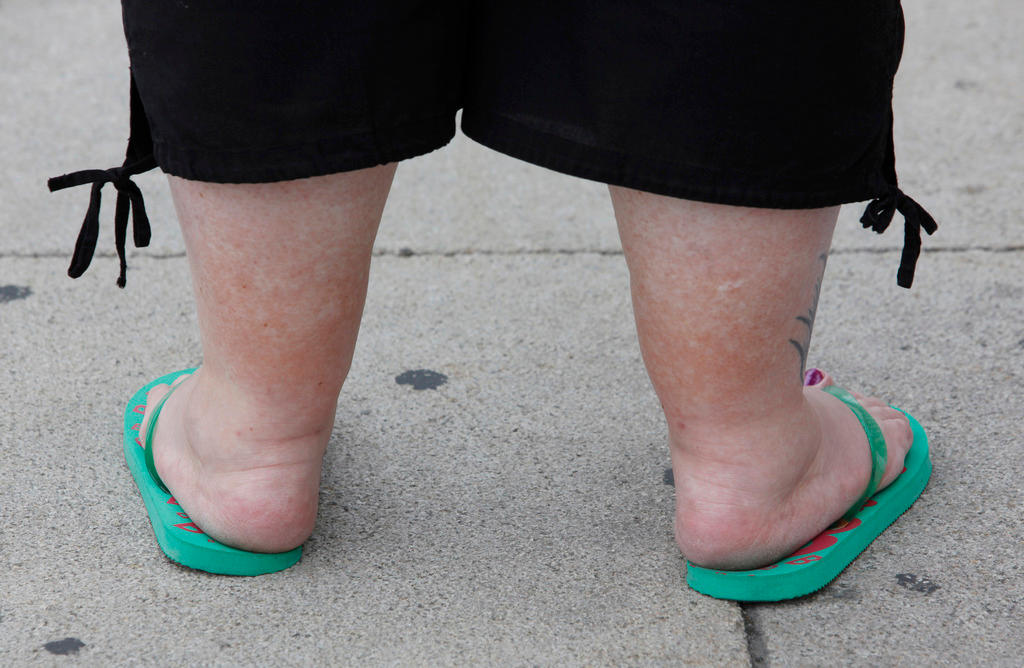Striking gender differences in Swiss eating habits

Meat makes the meal, according to a new Swiss survey that shows men eat four times the recommended amount and women consume more than double.
Not surprisingly, men’s intake of salad, vegetables and fruit pales in comparison to what women eat. And men spend significantly less time on home meals and cooking, according to the latest results this week from the government’s first national food surveyExternal link in Switzerland which began in January 2014.
Though consumers lately have shown a bit less appetite for horse, veal and beef, the average consumption of meat by men and women still was 780 grams a week – triple the government’s 240 grams-a-week recommendation – among 2,000 people who took part in the survey.
Men downed 980 grams; women 570 grams. Both sexes also consumed four times the recommended limits for sweets, salty snacks and fat, a category that includes butter, margarine, creams and sauces.

Out for lunch, home for dinner
About seven-in-10 Swiss eat out for lunch, including almost half the men and a quarter of women. That includes many younger people, though they are the ones who more often cook for themselves in the evening.
As many as 35% of the Swiss never prepare a hot meal for dinner. When they do cook, Swiss spend an average of 38 minutes in the kitchen.
Women and men do not eat enough dairy products, vegetable oils or nuts. In November, results from the survey showed that almost half of the Swiss population is overweight.
The Federal Office of Public Health commissioned the survey known as menuCHExternal link, which is carried out with help from academic communities in Lausanne and Bern. Officials are using the results to design Switzerland’s nutrition strategy through 2024.

In compliance with the JTI standards
More: SWI swissinfo.ch certified by the Journalism Trust Initiative












You can find an overview of ongoing debates with our journalists here . Please join us!
If you want to start a conversation about a topic raised in this article or want to report factual errors, email us at english@swissinfo.ch.